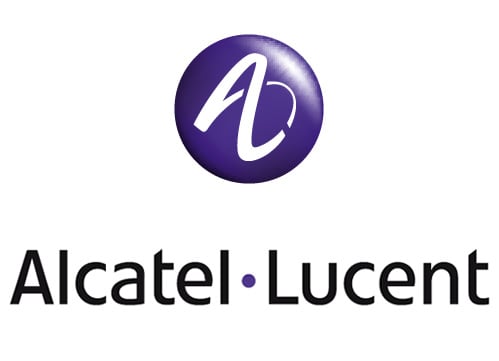 When France’s Alcatel acquired Lucent Technologies in 2006 to form Alcatel-Lucent (NYSE: ALU), the deal appeared to be a solid winner. Lucent, which had been spun off from AT&T (NYSE: T), seemed like a good fit for global telecom company.
When France’s Alcatel acquired Lucent Technologies in 2006 to form Alcatel-Lucent (NYSE: ALU), the deal appeared to be a solid winner. Lucent, which had been spun off from AT&T (NYSE: T), seemed like a good fit for global telecom company.
Today, the company announced that it is “exploring strategic options to enhance the future opportunities of its Enterprise business.” Those options include “discussions with third parties,” presumably regarding a sale of the Enterprise business although Alcatel-Lucent does not specifically say that.
The Enterprise business contributes 5% of the company’s annual revenues, so it is hard to argue that it represents an integral part of Alcatel-Lucent’s business. About two years ago the company formed a 10-year global alliance with Hewlett-Packard Co. (NYSE: HPQ) that was designed to offer a variety of communications services and solutions to mid-size and large enterprises, including governments.
On one hand, that deal with HP makes the Palo Alto-based firm a leading contender to acquire Alcatel-Lucent’s Enterprise business. On the other, HP may know just how well, or how poorly, the business is doing and decide to pass on the opportunity.
If HP doesn’t make the deal, chances are that Alcatel-Lucent will have a very difficult time selling its Enterprise business. At least for an amount that it considers reasonable.
The possible IPO of rival Avaya Inc. might also figure into a potential acquisition. Avaya, now privately held by TPG Capital and Silver Lake Partners, posted a loss of around $870 million on revenues of about $5 billion in 2010. The company also has about $6 billion in debt. None of this supports a high IPO price and may be enough to sink the IPO altogether.
If Avaya fails to launch, or if it can’t get its price, then that will affect Alcatel-Lucent’s options as well. There’s no question that the networking and telecom industries are facing a shakeout. One way or another Alcatel-Lucent will probably shed its Enterprise business. Employees hope that it will be through and acquisition, not a closure.
Paul Ausick
Essential Tips for Investing: Sponsored
A financial advisor can help you understand the advantages and disadvantages of investment properties. Finding a qualified financial advisor doesn’t have to be hard. SmartAsset’s free tool matches you with up to three financial advisors who serve your area, and you can interview your advisor matches at no cost to decide which one is right for you. If you’re ready to find an advisor who can help you achieve your financial goals, get started now.
Investing in real estate can diversify your portfolio. But expanding your horizons may add additional costs. If you’re an investor looking to minimize expenses, consider checking out online brokerages. They often offer low investment fees, helping you maximize your profit.
Thank you for reading! Have some feedback for us?
Contact the 24/7 Wall St. editorial team.



